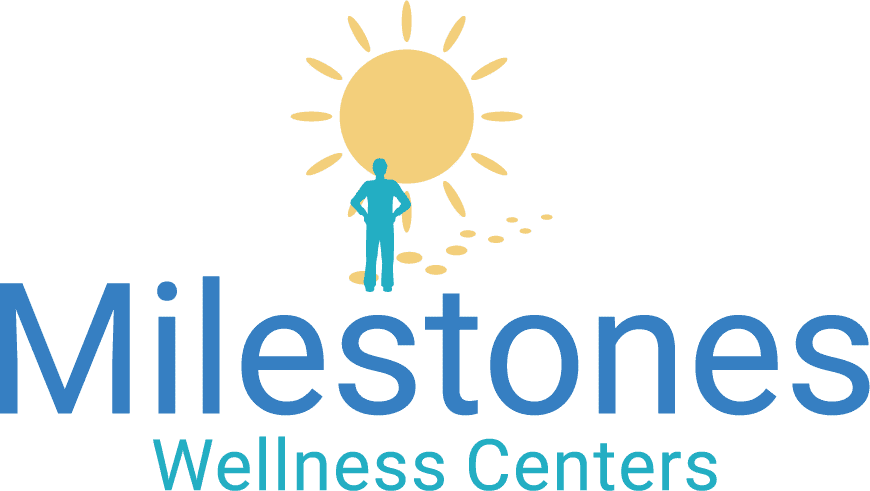
MILESTONES WELLNESS CENTERS
Online Addiction Recovery Services
Misusing opiates, also known as opioids, can lead to physical dependence and addiction. If left untreated, opiate addiction can cause overdose and even death. The good news is that there is hope for those who are addicted to opiates. Treatment programs and addiction counselors create a path towards a clean and sober life without opiates.
At Milestones Wellness Centers, it is our goal to help you start on a new path forward. As part of our addiction treatment process, we offer several services to ensure you get exactly where you want to be on your new journey. This includes the innovative 3P Service model to address your physical, psychological and progressional health, mentoring & counseling, and medication-assisted treatment.
How Opiate Addiction Treatment Works
Opiate addiction treatment is a multi-step process that addresses the complex nature of addiction. While treatment usually follows an established course, the best opiate addiction treatment plans are personalized to fit the unique nature of each person’s addiction. After all, the circumstances that led you to opiate addiction may be completely different than someone else’s experience.
Detoxification phase
Treatment begins with eliminating the opiates from your body and managing your withdrawal symptoms. Many people who try to overcome opiate addiction relapse during this step, known as detoxification, because of the discomfort that withdrawal symptoms can cause – especially when they try to quit “cold turkey.”When you take opiates every day for several days or weeks at a time, your body becomes physically dependent on them. In other words, you have to take opiates every day to feel “normal.” When you are physically dependent on opiates and you stop taking them suddenly, your body struggles to adjust. You feel this struggle through withdrawal symptoms, which can be severe and last for days or weeks.
When you undergo professional opiate addiction treatment, the team of treatment professionals can administer medications to reduce withdrawal symptoms safely, so that you can complete the detoxification process and move on to the next step towards recovery. We can also help you get started on medication-assisted treatment that includes Suboxone and other medications that prevent withdrawal symptoms.
In addition to administering these anti-withdrawal medications, addiction treatment staff also monitor your vital signs and take steps to ensure your safety and comfort so that you can complete the detoxification phase of your treatment.
Treatment phase
Once you have made it through the detoxification process or are on medication-assisted treatment, you can begin counseling sessions that may include:
- Cognitive-behavioral therapy (CBT) – a type of “talk therapy” that help you identify and change the dysfunctional emotions, behaviors, and thoughts that lead to opiate abuse
- Dual Diagnosis Treatment Program, which treats any co-existing mental health issues, such as depression or anxiety
- 12-Step Program – a set of 12 guiding principles that help you overcome opiate addiction
These programs will help you identify the environments, situations, and behaviors that trigger or contribute to your substance abuse and addiction. Identifying these triggers helps you avoid these stressful and unhealthy situations, which helps reduce your urge to use opiates.
You will also learn coping mechanisms that help you face life’s inevitable stresses without the use of opiates. If you are like many people with opiate addiction, you use opiates to help you survive tough times or to blunt your feelings during an emotional crisis. As your addiction worsens, you may find yourself using opiates to celebrate the good times or just to make it through a typical day. If you have an opiate addiction, you need to get help right away, before addiction takes you further away from the life you desire.
Online Opiate Addiction Treament
Online Suboxone Treatment
Suboxone is a prescription medication used to treat opiate use disorder. It is a combination of two drugs, buprenorphine and naloxone, and works by reducing cravings and withdrawal symptoms.
Learn MoreTelehealth Services
When an in-person visit is not necessary, a virtual visit is a great substitute. The telemedicine services at Milestones Wellness Centers provide patients with a variety of benefits.
Learn MoreOpioid Addiction Counseling Services
We provide a new way of thinking with Individual, Group, and Family counseling services throughout your journey of sobriety.
Learn More

